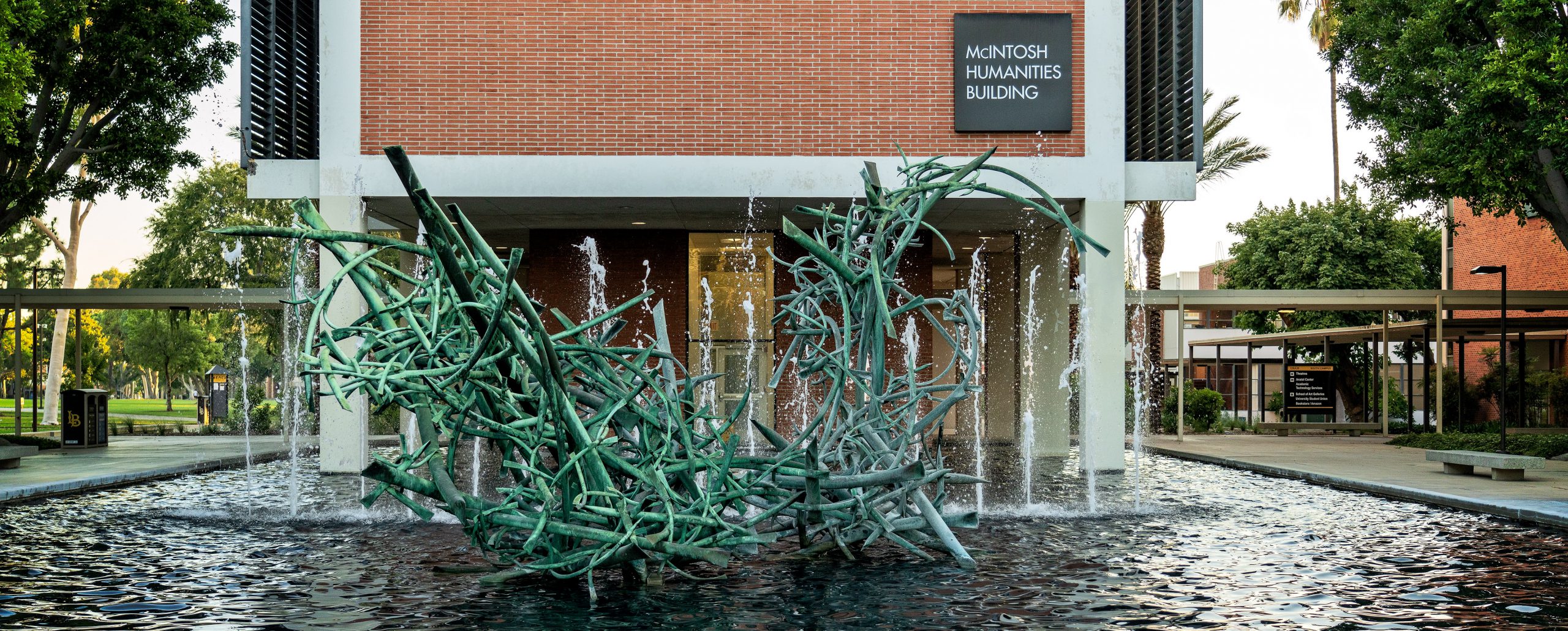Provost's Award for Impact Accomplishment of the Year in Research, Scholarly & Creative Activity
November 19, 2010Dr. Thomas Strybel
Psychology

Dr. Thomas Strybel’s research contributions over the past 18 months are shaping the future of the National Airspace System and creating human factors’ research and career opportunities for CSULB students.
Dr. Strybel has secured $8 million in funding from NASA in recent years, including a five year, $5 million grant awarded in October 2009 to create a NASA University Research Center, the “Center for Human Factors in Advanced Aeronautics Technologies,” at CSULB. The center conducts “human-in-the-loop” simulations that evaluate new air-traffic-management automation tools for their impact on pilots and air traffic controllers. These automation tools are a critical component of the Next Generation Airspace Transportation System (“NextGen,”) a federal program for increasing the capacity of our National Airspace System. CHAAT is also a training venue for students, particularly those from underrepresented groups in the science, technology, engineering and mathematics disciplines. These students are being trained in human factors, airspace simulation techniques and research methods, and they participate fully in simulation work in CHAAT and at NASA. The immediate impact of NASA CHAAT on student development can be seen by the fact that 18 students will participate in CHAAT research and training activities in Summer 2010, compared with only five students in Summer 2009.
Dr. Strybel is also Principal Investigator of a $3 million, four-year NASA award for the establishment and management of a consortium of universities and private industry focused on the development of methods that can be used to evaluate NextGen automation tools and air traffic management concepts.
Dr. Strybel developed the curriculum for, and was instrumental in creating the master’s in human factors’ program in 2004. He has developed and taught curriculum for human factors and has directed many student research projects and theses. Previously he co-founded another center for human factors work, “Center for Usability in Design and Accessibility,” and currently serves as student advisor to this center.
